|
By: Karsen Grace
I’m sure you’ve heard people say to turn off lights when you leave a room or to turn off the faucet when you’re brushing your teeth, shaving, washing your face, etc. Some people may have even suggested trying out LED light bulbs or other energy efficient appliances. These statements are all targeted to save energy, and every single day, people use energy in so many ways. Whether it’s for turning on lights, cooking a meal, traveling by various transportation methods, heating or cooling rooms, and so many more, energy is being expended. However, it is the way you choose to use your energy that can affect the environment and people’s well being as well.
0 Comments
By: Althea Ocomen
Fast fashion’s impact on the planet is colossal and detrimental. The burden to decrease costs and speed up generation time implies that natural resources are constantly being wasted. Fast fashion’s negative impact incorporates its utilization of cheap, harmful material dyes, making the fashion industry the current biggest polluter of clean water after horticulture. That’s why Greenpeace, an environmental organization, has been constraining brands to evacuate unsafe and dangerous chemicals from their supply chains through its detoxing design campaigns over the years. Cheap materials moreover increment quick fashion’s impact. For example, polyester is one of the most well-known textures that is cheap and accessible. Obtained from fossil fuels, this material contributes to rising global temperatures and can shed microfibres that expand levels of plastic in our seas when it is put through the wash. But even “natural fabrics'' can be a huge problem at scale from the burden fast fashion creates. Routine cotton requires colossal amounts of water and pesticides in developing nations. This results in the risk of drought and creates increasing amounts of stress on water basins, as well as competition for resources between companies and local communities. By: Karsen Grace
Located in Southeast Alaska, the Tongass National Forest is the largest national forest in the United States at slightly under 17 million acres. Initially, Tongass was established in 1907 by an executive order issued underneath Theodore Roosevelt’s presidency. However, it wasn’t until 1909 that official legislation declared the land a national forest. At the time, Tongass was named to honor the Tlingit Indian Tribe who were native to Southern Alaska. By: Molly Schuler
Here in New Zealand, conservation is extremely important. We have some of the most unique species in the world, and these need to be protected. New Zealand broke away from Earth’s supercontinent, Gondwanaland, much earlier than other continents and as a result, our values differ from many of those overseas. A lot of New Zealand culture is based in nature, which is considered taonga (treasure). In New Zealand, nature is usually perceived as ‘pristine’ or ‘untouched’, but it is not always left this way. Our land isn’t as ‘clean and green’ as it is often thought to be. By: Anya Shetty
Since the Industrial Revolution, our population has begun to see the natural world as a resource which we can monopolize and exploit for our advantage. Human involvement in nature has caused the mainstream view of the “natural world” and “wilderness” to shift from great admiration to a tourist-like, ignorant perspective. Looking at the big picture, the concepts of land ethics and an ecological conscience seem simple, but it's only when we reflect on our actions that we realize that we don’t respect our environment as much as we should. Humans have impacted the environment in many ways: burning fossil fuels, deforestation, and pollution. Changes like these have triggered natural phenomenons like climate change and poor air quality. Our involvement in the natural world has also wiped out entire species and populations of animals, expediting the extinction process. In summation, human involvement in nature has mainly caused harm, and for a long time, we have been extreme. Polluting almost all aspects of the environment to an unsustainable extent. The only way to combat this extreme is with another extreme—rewilding. By: Althea Ocomen
Dress shopping used to be an intermittent and a rare event—an occasion that happened a few times a year, when the seasons changed, or when we grew out of our clothes. But around 20 years ago, something changed. Clothing got cheaper, trend cycles sped up, and shopping became a leisure activity that became accessible to everyone. Because of fast fashion, the worldwide chains, large industries, and corporations presently rule our clothing industry and online shopping. But what is fast fashion? And how does it affect individuals, the planet, and marine creatures? It is too good to be true. All these stores are selling cool, trendy clothing you could buy with your free change or extra discount, wear a handful of times, and toss away after. Abruptly, everybody could be able to dress like their favorite celebrity or wear the most recent patterns fresh from the catwalk. But most individuals don’t realize that every piece of clothing they buy comes with a price. By: Althea Ocomen
The Philippine government, specifically the Department of Environment and Natural Resources, decided to create a rehabilitation project as a means to furthers solve the land-based and sea-based sources of pollution to harmful algal blooms, subsidence and groundwater extraction, overexploitation of fishery resources, and habitat conversion and degradation of Manila Bay. However, because of the P28 million budget allocated into the dolomite sand, critics of the project are worried about the health implications this will result among the children. By: Hannah Tison
Amidst this pandemic, plastic has made a comeback. Groceries stores have banned reusable bags, takeout and package delivery has increased, and disposable PPE (Personal protective Equipment) is everywhere. It seems almost everywhere you look there's a bombardment of plastic. But all is not lost, even in the midst of a plastic proliferated pandemic, there are still ways you can be more sustainable and limit plastic waste. By: Stephanie Becerra
No blue, no green. No green, no life. I believe that almost everyone in the world has love and respect for water, in one way or another. It could be in the form of breathtaking oceans, rivers, streams, and lakes- or perhaps of a powerful storm- or a refreshing glass of water. In the end we all need it to survive, life as we know it and life itself would cease to exist. Why then do we disrespect this incredible substance so much? It is the universal solvent, dissolving more substances than any other liquid! Shapeless and formless, it can fill and penetrate almost any crevice in the world. It can exist in three different states, as a solid, as a liquid, and as a gas. Remarkable! It is the most abundant greenhouse gas in the atmosphere, both by weight and volume. The list of interesting facts about water goes on and on. Perhaps if people knew more about water and its current state in our world today, they would have so much more respect for it. By: Oseni Benjamin Toluwalase
COVID-19 is an infectious disease caused by severe acute respiratory syndrome coronavirus 2 (SARS-CoV-2). The outbreak of the virus in China and its rapid spread to every nook and cranny of the globe made the World Health Organization (WHO) declare it as a pandemic. The pandemic, since the outbreak began from the end of fall last year, till date, has left phenomenal damages to human life, relationships, businesses, social life, and education amongst others. As a matter of fact, it has caused so many disruptions that everyday life is now known as “the new normal.” Despite the adverse implications, the pandemic has brought on some positive impacts such as family bonding, new developments in health and medicine, advances in human sustainability, innovative ways of learning, doing business and going about our normal days’ activities, |
TUGIWelcome to Seeds for Thought, the TUGI Blog where we will be highlighting incredible stories of environmental activists and change makers, environmental news, and tips to living a more green and sustainable lifestyle. If you are interested in learning more about what we are doing on a monthly basis, subscribe to our TUGI Newsletter. Archives
May 2021
Categories |
TUGI
|
|



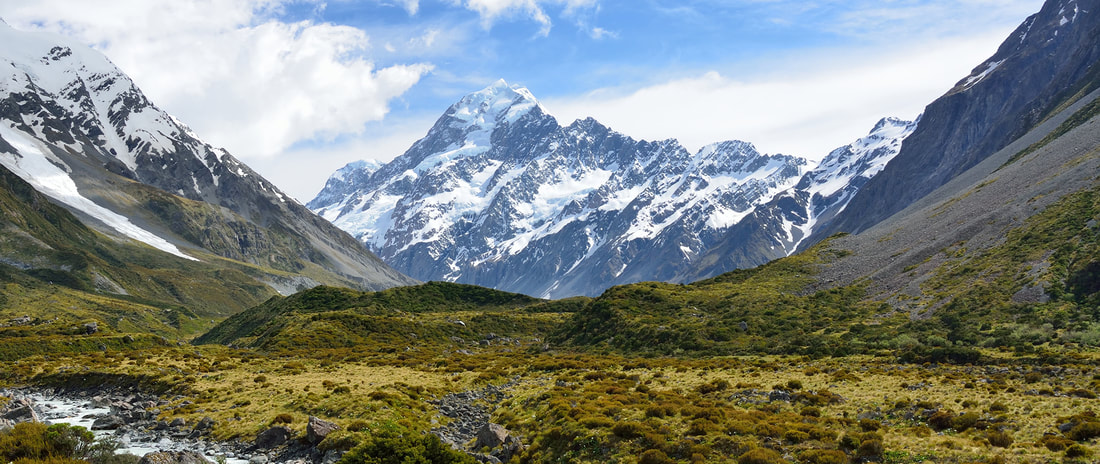

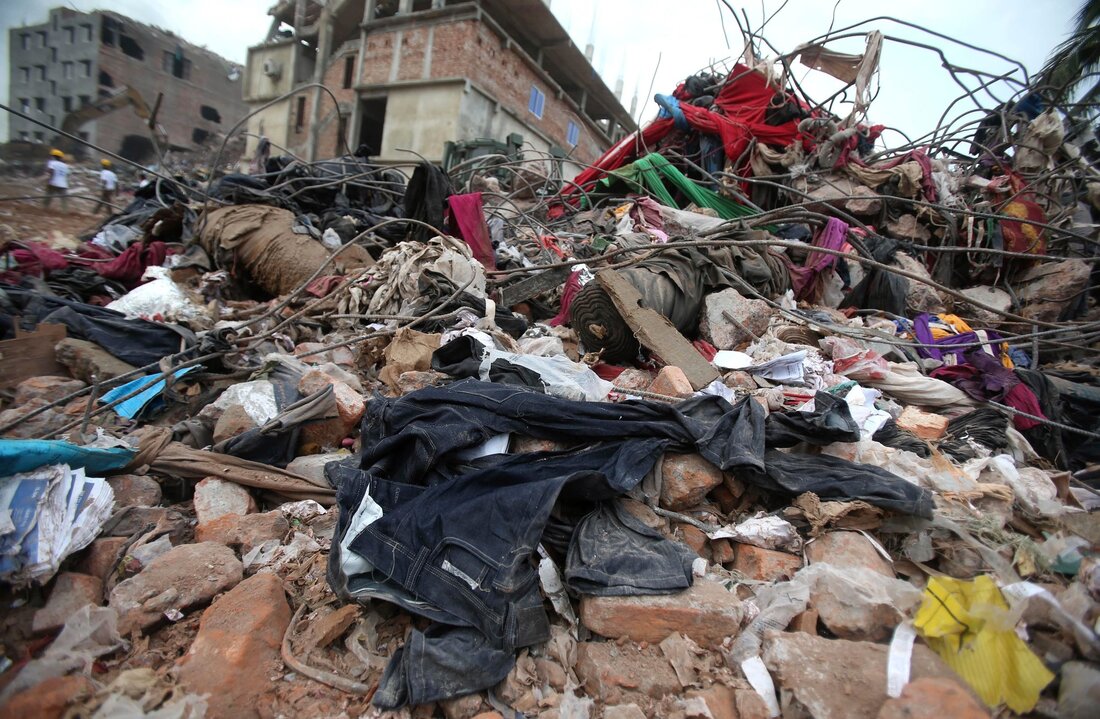
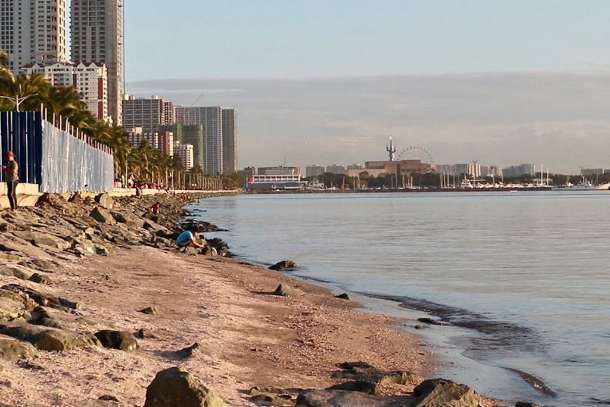
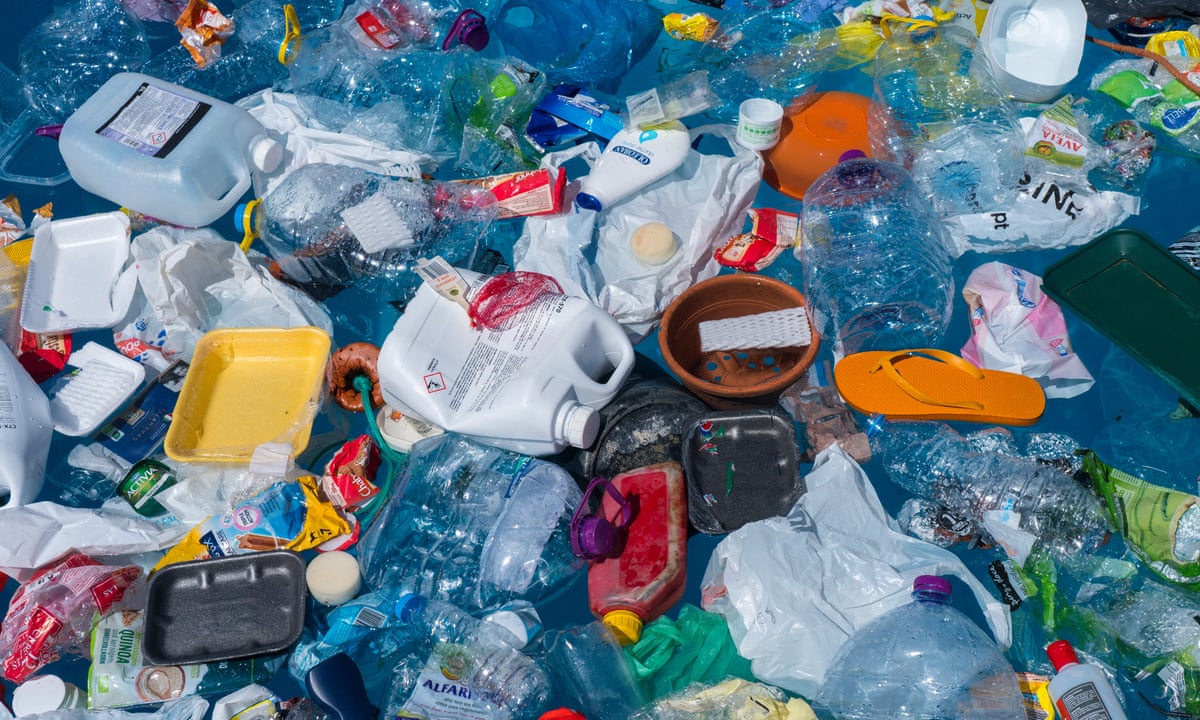
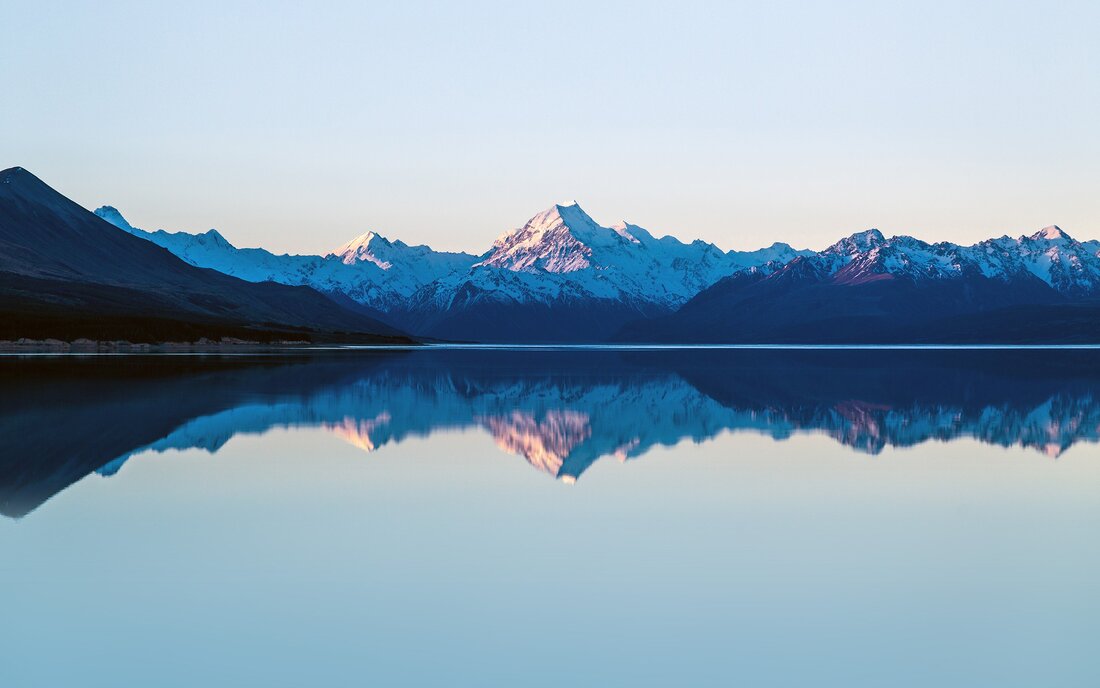
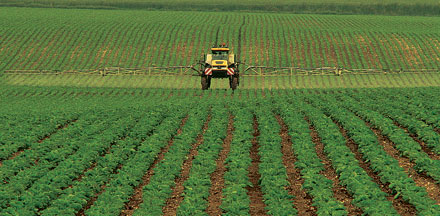
 RSS Feed
RSS Feed
